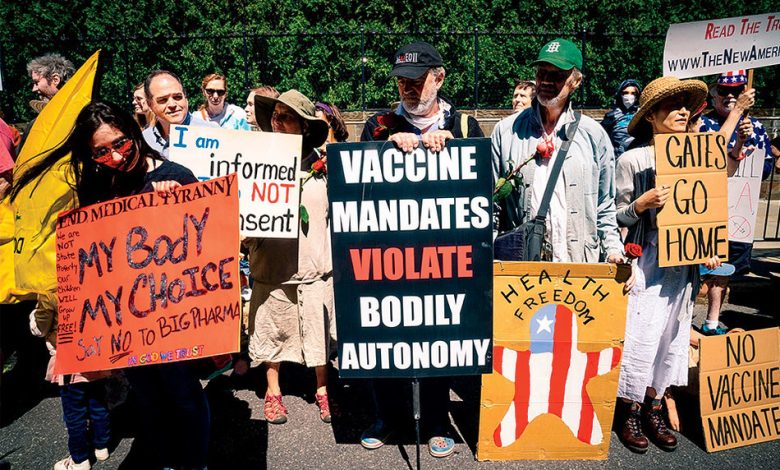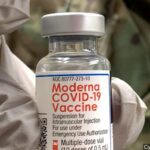Anti-Vaxxers More Prone to Neglect Pet Vaccinations Says New Research

People hesitant to get vaccinated against infectious diseases are also likely to bypass vaccinations for their pets, potentially jeopardizing the health of both humans and animals, according to recent research conducted by the Texas A&M School of Public Health.
Lead author Simon Haeder, an associate professor at Texas A&M, expressed concern over the decreasing rates of pet vaccinations, emphasizing the potential consequences for society. Lower pet vaccination rates can lead to increased incidents of pet diseases and deaths, heightened exposures for humans, potential genetic adaptations of pathogens, and adverse effects on veterinarians.
The study, based on responses from an August 2023 survey of over 2,000 dog owners and 1,400 cat owners, explored the vaccination status of pets for five diseases. For dogs, these diseases included rabies, canine parvovirus, and canine distemper, while for cats, the focus was on rabies, feline panleukopenia, and feline Bordetella.
Survey participants were questioned about their support for vaccinating against each infection, as well as their perceptions of vaccine safety, effectiveness, and importance. The study also delved into respondents’ trust in scientists, views on vaccine mandates for children, political affiliations, religiosity levels, and the financial burden of pet ownership.
Key findings of the study include:
1. The majority of respondents vaccinated their pets against rabies, with higher rates for dogs compared to cats.
2. Vaccination rates for other infections were somewhat lower but still relatively high.
3. Individuals questioning the importance, effectiveness, and safety of vaccines were more likely to exhibit hesitancy toward both human and pet vaccinations.
4. People spending a significant amount on non-veterinary pet-related expenses were more likely to forgo vaccinating their pets.
The study revealed a correlation between individuals’ vaccine ideologies (pro- or anti-vaccine) and their likelihood of vaccinating their pets, though the impact was weaker for pet vaccines compared to human vaccines. Haeder emphasized the importance of addressing growing vaccine hesitancy concerns for both pets and humans before falling below critical thresholds that could lead to major outbreaks of vaccine-preventable diseases.
The findings were published recently in the journal Vaccine.
Sources: Texas A&M School of Public Health, news release, Dec. 22, 2023.





